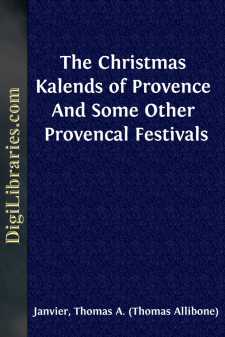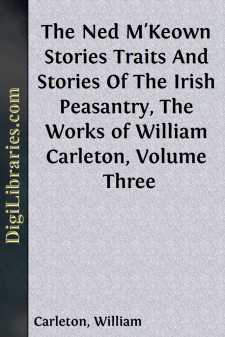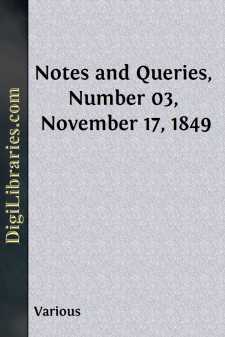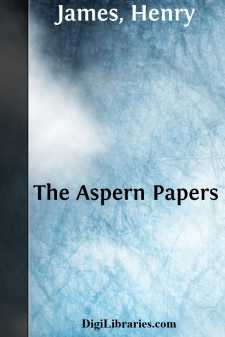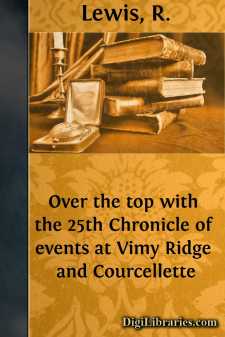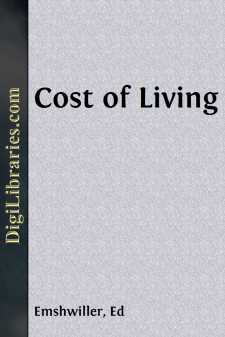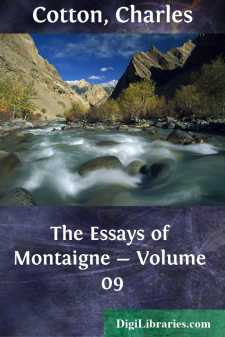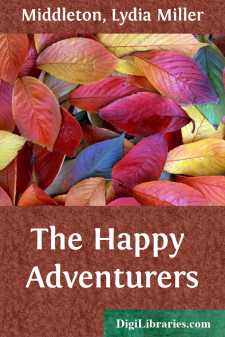Categories
- Antiques & Collectibles 13
- Architecture 36
- Art 48
- Bibles 22
- Biography & Autobiography 813
- Body, Mind & Spirit 142
- Business & Economics 28
- Children's Books 15
- Children's Fiction 12
- Computers 4
- Cooking 94
- Crafts & Hobbies 4
- Drama 346
- Education 46
- Family & Relationships 57
- Fiction 11829
- Games 19
- Gardening 17
- Health & Fitness 34
- History 1377
- House & Home 1
- Humor 147
- Juvenile Fiction 1873
- Juvenile Nonfiction 202
- Language Arts & Disciplines 88
- Law 16
- Literary Collections 686
- Literary Criticism 179
- Mathematics 13
- Medical 41
- Music 40
- Nature 179
- Non-Classifiable 1768
- Performing Arts 7
- Periodicals 1453
- Philosophy 64
- Photography 2
- Poetry 896
- Political Science 203
- Psychology 42
- Reference 154
- Religion 513
- Science 126
- Self-Help 84
- Social Science 81
- Sports & Recreation 34
- Study Aids 3
- Technology & Engineering 59
- Transportation 23
- Travel 463
- True Crime 29
Sort by:
The Christmas Kalendsof Provence IFancy you've journeyed down the Rhône,Fancy you've passed Vienne, Valence,Fancy you've skirted Avignon—And so are comeen pleineProvence.Fancy a mistral cutting keenAcross the sunlit wintry fields,Fancy brown vines, and olives green,And blustered, swaying, cypress shields.Fancy a widely opened door,Fancy an eager outstretched hand,Fancy—nor need you...
more...
by:
William Carleton
INTRODUCTION. It will naturally be expected, upon a new issue of works which may be said to treat exclusively of a people who form such an important and interesting portion of the empire as the Irish peasantry do, that the author should endeavor to prepare the minds of his readers—especially those of the English and Scotch—for understanding more clearly their general character, habits of thought,...
more...
by:
Various
TRAVELLING IN ENGLAND. I suppose that the history of travelling in this country, from the Creation to the present time, may be divided into four periods—those of no coaches, slow coaches, fast coaches, railways. Whether balloons, or rockets, or some new mode which as yet has no name, because it has no existence, may come next, I cannot tell, and it is hardly worth while to think about it; for, no...
more...
by:
Henry James
I had taken Mrs. Prest into my confidence; in truth without her I should have made but little advance, for the fruitful idea in the whole business dropped from her friendly lips. It was she who invented the short cut, who severed the Gordian knot. It is not supposed to be the nature of women to rise as a general thing to the largest and most liberal view—I mean of a practical scheme; but it has...
more...
by:
R. Lewis
Chapter One he end of August, 1914, found me following my usual employment as second mate on a small steamboat plying between St. John's, Newfoundland, and various stations on the coast of Labrador. The news from the front aroused my patriotism, and though my captain, who was a Britisher through and through, strongly urged me to remain with him because of the great difficulty of securing another...
more...
CHAPTER XXI. Randal's mind was made up. All he had learned in regard to Levy had confirmed his resolves or dissipated his scruples. He had started from the improbability that Pesehiera would offer, and the still greater improbability that Peschiera would pay him, L10,000 for such information or aid as he could bestow in furthering the count's object. But when Levy took such proposals entirely...
more...
by:
Ed Emshwiller
Carrin decided that he could trace his present mood to Miller's suicide last week. But the knowledge didn't help him get rid of the vague, formless fear in the back of his mind. It was foolish. Miller's suicide didn't concern him. But why had that fat, jovial man killed himself? Miller had had everything to live for—wife, kids, good job, and all the marvelous luxuries of the age....
more...
by:
Charles Cotton
CHAPTER I OF THE INCONSTANCY OF OUR ACTIONS Such as make it their business to oversee human actions, do not find themselves in anything so much perplexed as to reconcile them and bring them into the world's eye with the same lustre and reputation; for they commonly so strangely contradict one another that it seems impossible they should proceed from one and the same person. We find the younger...
more...
Chapter I. --"But I'll not chide thee;Let shame come when it will, I do not call it;I do not bid the thunder-bearer shoot,Nor tell tales of thee to high-judging Jove;Mend when thou canst--" Lear. It is almost as impossible to describe minutely what occurred on the boat's reaching the Wallingford, as to describe all the terrific incidents of the struggle between Drewett and myself in...
more...
CHAPTER I How it Began "Dear, dear!" said Grannie, "woes cluster, as my mother used to say." "Let us hope that this is the last woe, and that now the luck will turn," said Aunt Mary. Mollie did not say anything. She had smiled the Guides' smile valiantly through the worst of her misfortunes, but now she was so tired that she felt nothing short of a hammer and two tacks...
more...


